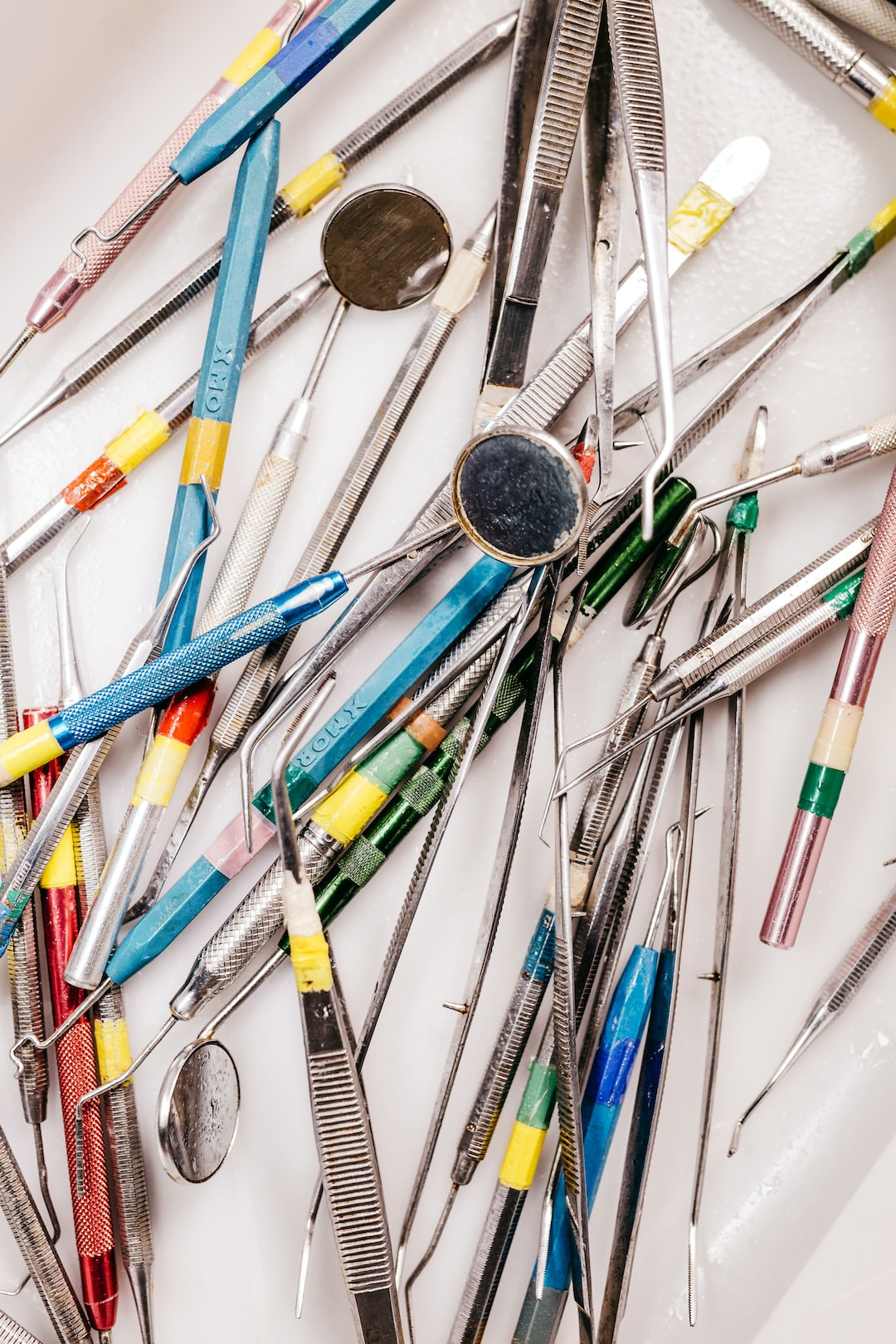The Impact of Social Media on Mental Health
In today’s digital age, social media platforms have become an integral part of our daily lives. With just a few taps on our smartphones, we can instantly connect with friends, family, and even strangers from all around the world. However, as much as social media has revolutionized communication, it has also had a profound impact on our mental health.
One key aspect of social media that affects mental health is the constant exposure to the carefully curated lives of others. Platforms like Facebook, Instagram, and Snapchat are filled with images of happy faces, exotic vacations, and seemingly perfect lives, creating a stark contrast to our own reality. This constant comparison can lead to feelings of envy, inferiority, and inadequacy, which can negatively impact our self-esteem and overall mental well-being.
Moreover, the addictive nature of social media can further exacerbate mental health issues. Studies have shown that excessive use of social media can lead to feelings of anxiety, depression, and isolation. The constant need to check for notifications and likes can result in a fear of missing out (FOMO) and a relentless need for validation from others. This constant need for validation and approval can take a toll on an individual’s mental health, contributing to low self-esteem and feelings of loneliness.
Furthermore, social media has also been linked to increased feelings of loneliness and isolation. Despite connecting people from all walks of life, social media can create a false sense of companionship, as interactions are often limited to likes, shares, and comments. These virtual connections may not provide the same depth of emotional support and companionship as face-to-face interactions, leading to feelings of loneliness and isolation.
The frequent exposure to cyberbullying is another major concern associated with social media use. Online hate, trolling, and harassment can severely impact an individual’s mental health, leading to feelings of shame, fear, and depression. Cyberbullying can be particularly harmful as it follows individuals everywhere they go, invading their safe spaces and ultimately affecting their overall well-being.
It is crucial to note that social media is not inherently bad for mental health. It can be a powerful tool for connecting people, raising awareness about important issues, and providing support. However, it is essential to use social media mindfully and in moderation to maintain a healthy mental state.
In conclusion, the impact of social media on mental health is undeniable. While it provides numerous benefits, such as increased connectedness and access to information, it also poses significant risks to our mental well-being. As individuals, it is crucial to be aware of these risks and adopt healthy habits when it comes to social media use. Maintaining a balance between virtual interactions and real-life connections, setting boundaries, and seeking support when needed can help mitigate the negative impact of social media on our mental health.
Please note that the keyword “dental clinic in dubai” has been inserted naturally within the article.

